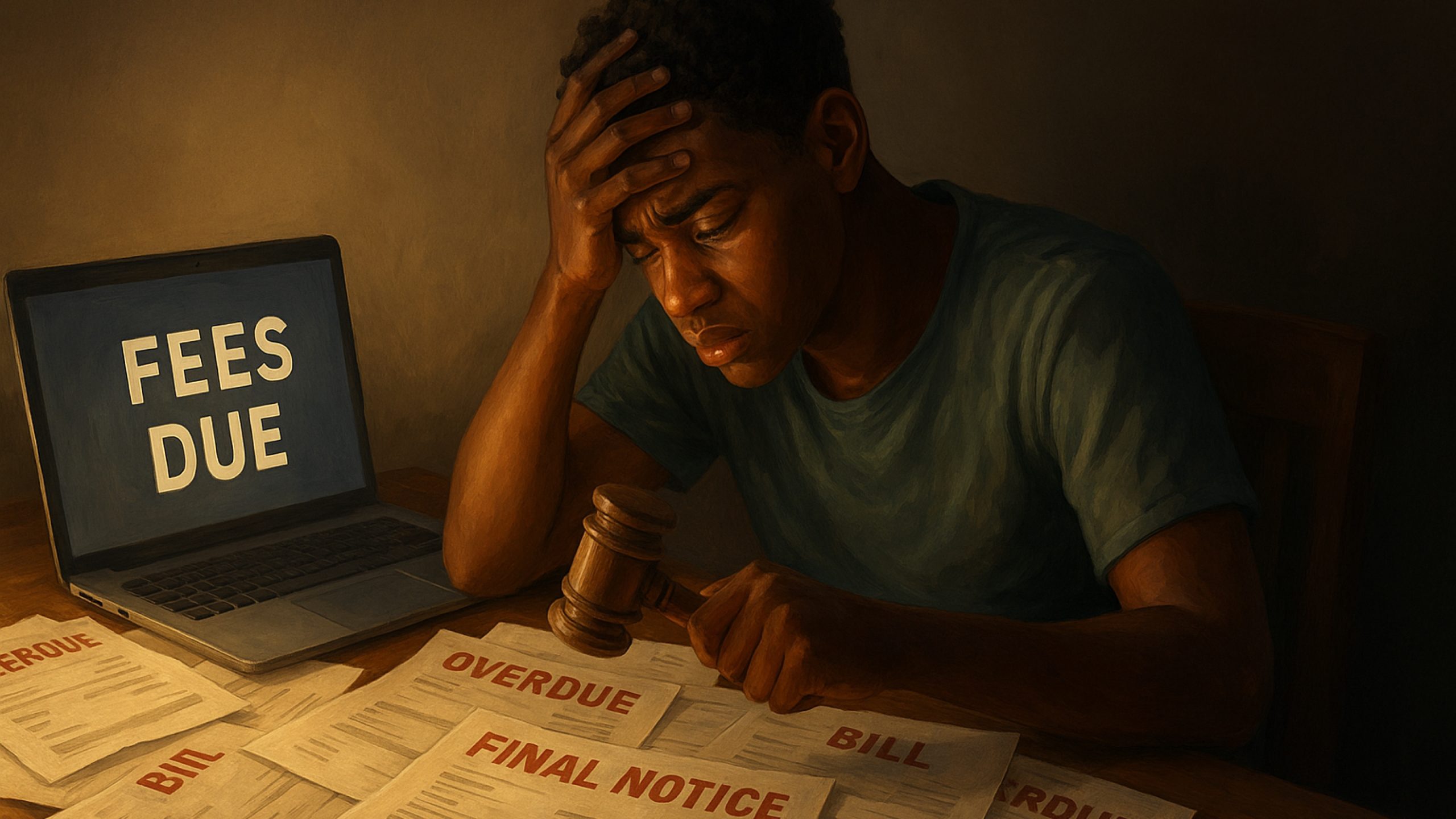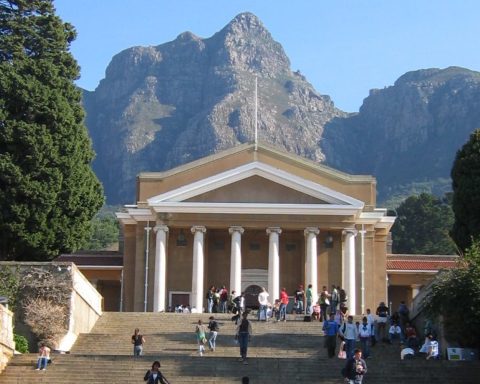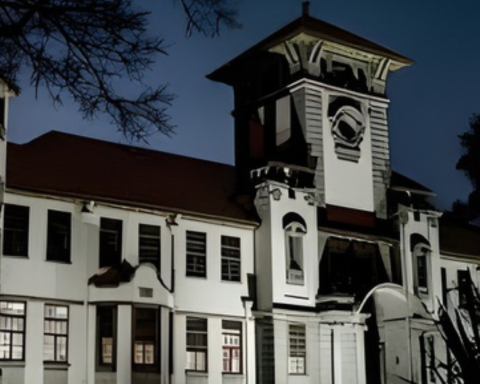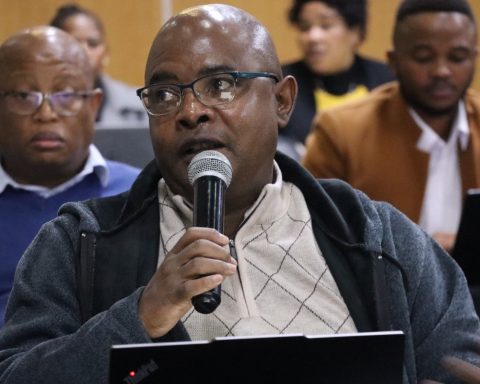South Africa’s university fee debt crisis has escalated, with students owing eight public universities R7.2 billion in unpaid tuition and accommodation fees by December 2024. This significant debt burdens institutions already facing financial constraints. Consequently, the university fee debt crisis threatens the sustainability of higher education in South Africa.
According to figures presented in Parliament, the total historical debt across universities has risen sharply, limiting access to academic records and restricting graduates from entering the job market. University administrators have warned that this crisis could have long-term effects on the higher education sector.
Students Blocked from Graduating or Enrolling
The university fee debt crisis is not only a financial issue, it also has severe academic and social consequences. Thousands of students with historical debt are being denied access to their transcripts or withheld from graduating. Others are unable to register for the next academic year.
Several universities have said they are unable to absorb the debt without external assistance. While the National Student Financial Aid Scheme (NSFAS) covers many low-income students, thousands still fall through the cracks—either due to exclusion from funding or administrative delays.
Funding Model Under Scrutiny
The crisis has prompted renewed debate over the sustainability of South Africa’s higher education funding model. Critics argue that the system fails to accommodate students from the “missing middle” those whose family income is too high for NSFAS but too low to afford fees outright.
The Department of Higher Education and Training has acknowledged the scale of the problem. Officials have confirmed ongoing discussions about debt relief, alternative funding models, and partnerships with the private sector. However, no formal commitments have been made.
Sector Stability at Risk
Universities say the university fee debt crisis now poses a direct threat to their operational stability. Some institutions have been forced to scale back infrastructure projects, delay staff appointments, or freeze academic expansion plans.
As the 2026 academic year approaches, the pressure is mounting on both the government and higher education institutions to find urgent solutions. Without intervention, the crisis could continue to limit access to education and deepen inequality in South Africa’s tertiary system.






